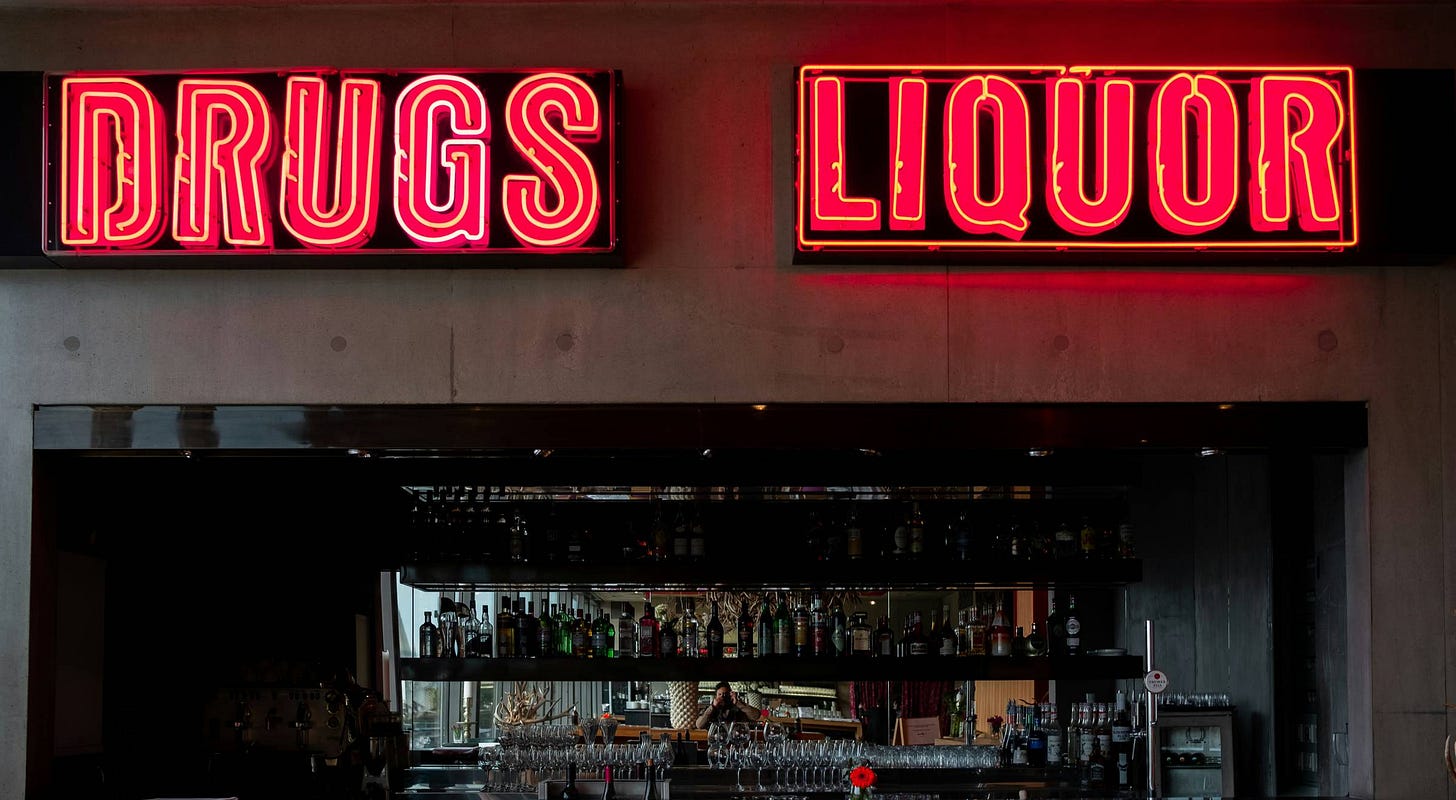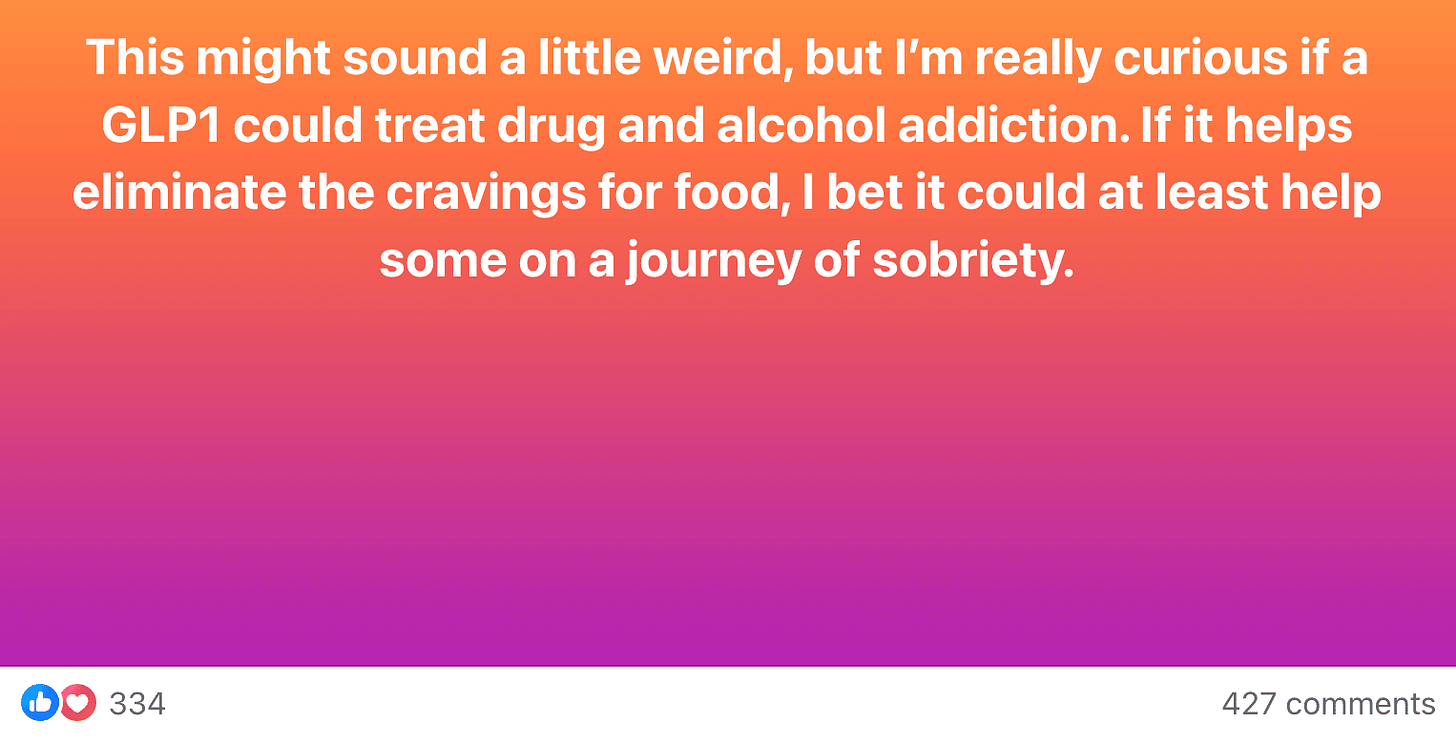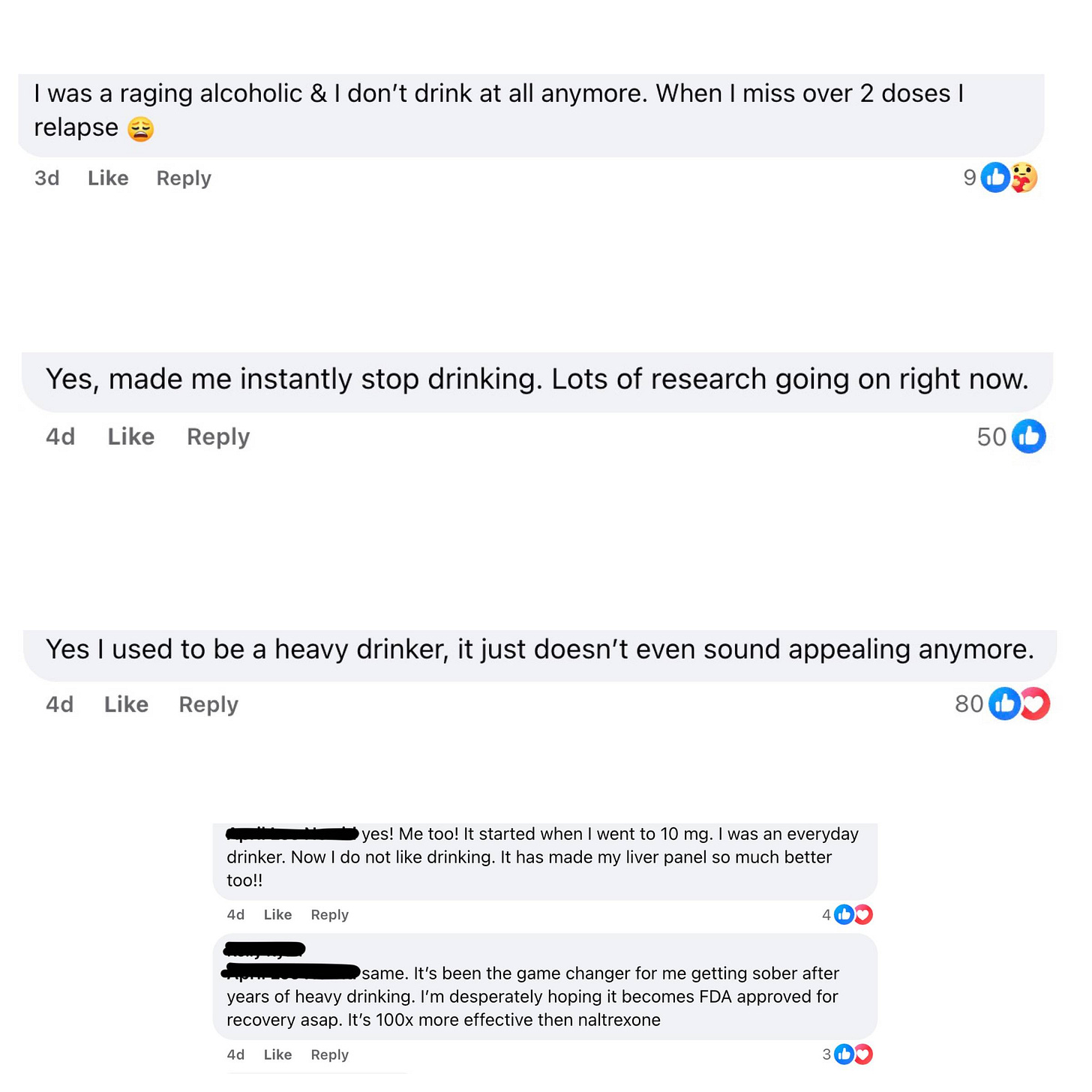Could GLP-1s Reduce Addictive Behaviours?
This week I wanted to spotlight something I’ve been hearing more and more about online and in practice, the unexpected impact GLP-1s can have on addictive behaviours.
One of the strangest (and most fascinating) examples I’ve come across was a patient who for years used to compulsively play the chess app on his phone anytime he had a spare second. After starting GLP-1s, he completely stopped. No effort, no decision. Just… gone.
Stories like this might sound unusual, but they’re becoming increasingly common, and researchers are starting to take notice.
What some of the early science suggests
There’s a growing body of research exploring how GLP-1s may influence the brain’s reward system, particularly dopamine signalling in areas like the nucleus accumbens and ventral tegmental area. These pathways are central to both food and substance related reward, which helps explain why GLP-1s might reduce more than just hunger.
In preclinical models, GLP-1s have been shown to reduce alcohol, nicotine, opioid, and cocaine intake, and not just consumption, but also the drive to seek those substances out. In humans, the evidence is still emerging, but what we’ve seen so far is promising.
Alcohol intake declines on GLP-1s
A 2025 study observed the real world effects of GLP-1s (liraglutide and semaglutide) on alcohol use in people with overweight or obesity. Among regular drinkers, average alcohol intake dropped by nearly two thirds after starting GLP-1 treatment, with no participants reporting increased consumption. High consumers reduced their intake from 23 to 8 units per week on average, and low consumers saw their intake halve. While more research is needed, these findings support the idea that GLP-1s may dampen the brain’s reward response to alcohol in much the same way they appear to reduce cravings for food.
Behavioural Addictions
This is where it gets really interesting, although formal research is sparse. Anecdotal evidence, largely from online forums and patient reports, is accumulating. People are sharing stories of unexpectedly losing interest in or stopping behaviours such as:
Compulsive shopping
Gambling
Excessive internet or app usage (just like my chess playing patient!)
The Takeaway
The potential for GLP-1s to influence addictive behaviours is a rapidly evolving area. While preclinical data and compelling anecdotal reports suggest a genuine effect, robust clinical evidence from ongoing trials is needed before these become tools for addiction treatment.
It's definitely something to keep an eye on! Hearing these stories first hand reminds us how complex the interplay between metabolism, brain chemistry, and behaviour truly is.
References
Hornsby, C., Bains, J. S., & Yeo, B. K. (2021). Can GLP-1 Be a Target for Reward System Related Disorders? A Qualitative Synthesis and Systematic Review Analysis of Studies on Palatable Food, Drugs of Abuse, and Alcohol. Frontiers in Psychiatry, 11, 615332
O'Farrell, M., Almohaileb, F. I., & le Roux, C. W. (2025). Glucagon-like peptide-1 analogues reduce alcohol intake. Diabetes, Obesity and Metabolism, 27(3), 1601-1604.
Thanks for reading!
Leif
Got feedback? Email leif@glp1dietitianhub.com, I'd love to hear from you.
Note: This newsletter is for educational purposes only and should not be considered medical advice. Always consult a qualified healthcare professional for personalised guidance.
Subscribe for free to receive new posts and support my work



